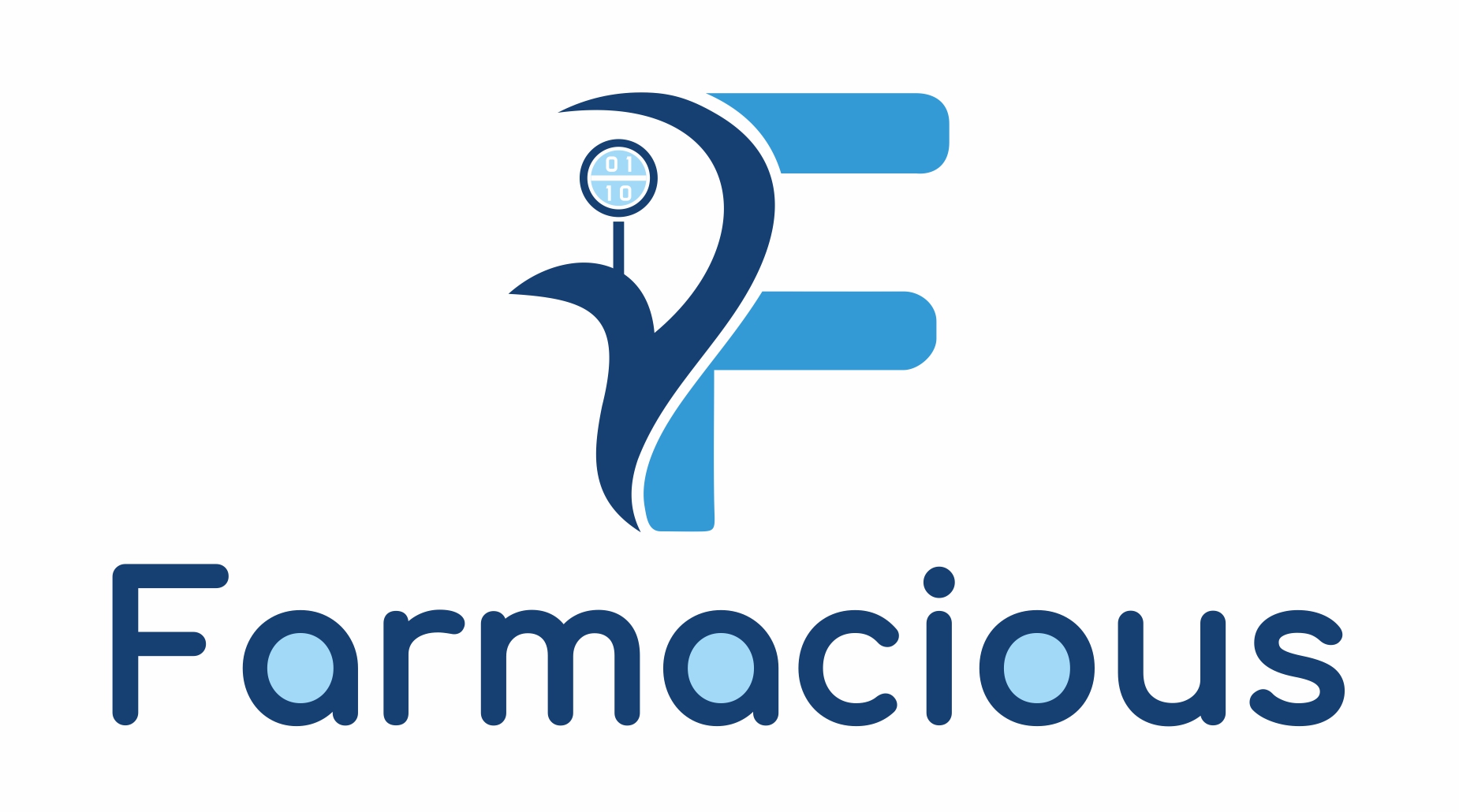In the highly regulated pharmaceutical industry, ensuring the safety, efficacy, and quality of products is non-negotiable. With the growing integration of digital technologies into pharmaceutical operations, the need to validate computerized systems has never been more critical. This is where Computerized System Validation (CSV) comes in. CSV is a systematic approach to ensuring that any computerized system used in the development, manufacturing, or distribution of pharmaceutical products performs as intended and meets compliance requirements.
Farmacious, a leading consultancy specializing in CSV and GxP compliance operations, brings over two decades of experience to this space. With a track record of implementing 50+ computerized systems and completing over 300 projects globally, the insights and methodologies employed by Farmacious are a benchmark for the industry.
Understanding CSV in the Pharmaceutical Context
CSV is not just about checking off regulatory boxes; it is an essential quality assurance process that ensures systems are reliable, accurate, and secure. The regulatory authorities such as the U.S. Food and Drug Administration (FDA), European Medicines Agency (EMA), and others mandate strict compliance to guidelines like 21 CFR Part 11 and EU Annex 11.
A validated system guarantees that the data it produces and manages is trustworthy, traceable, and tamper-proof. This is particularly crucial in pharmaceutical environments where data integrity can directly impact product quality and patient safety.
Why CSV Matters
- Regulatory Compliance: Non-compliance with CSV requirements can lead to warning letters, product recalls, and even bans. Regulatory bodies scrutinize the validation status of computerized systems during audits and inspections.
- Data Integrity: A properly validated system ensures that electronic records are complete, consistent, and accurate. This supports ALCOA+ principles (Attributable, Legible, Contemporaneous, Original, Accurate, plus Complete, Consistent, Enduring, and Available).
- Operational Efficiency: Validated systems reduce downtime and errors, leading to smoother operations. They also provide the confidence needed to automate more processes without compromising compliance.
- Risk Mitigation: Validation identifies and addresses risks associated with system failures, unauthorized access, or data breaches, helping to avoid costly consequences.
Key Components of CSV
A robust CSV program typically includes:
- Validation Master Plan (VMP): A high-level document outlining the validation strategy, scope, roles, and responsibilities.
- System Risk Assessment: Evaluation of the impact a system can have on product quality and patient safety.
- User Requirements Specification (URS): Detailed description of what the system is expected to do.
- Functional and Design Specifications: Technical documentation of how the system functions and is built.
- Test Protocols (IQ, OQ, PQ): Installation Qualification, Operational Qualification, and Performance Qualification to ensure the system meets its requirements.
- Traceability Matrix: A mapping document that traces requirements to their corresponding test cases.
- Change Control and Periodic Review: Processes to manage system updates and ensure ongoing compliance.
The Farmacious Approach
At Farmacious, CSV is not seen as a one-time project but as an ongoing lifecycle process. With experience in Formulation, API, Oral Dosage, Inhalation, and Topical product segments, Farmacious customizes its CSV strategy according to the specific needs of each client.
The consultancy is known for setting up comprehensive CSV Master Plans and IT Quality Systems that align with international best practices. Whether it’s implementing new Laboratory Information Management Systems (LIMS), Manufacturing Execution Systems (MES), or Electronic Document Management Systems (EDMS), the Farmacious team ensures end-to-end validation support.
Global Experience, Local Expertise
Having executed projects in the US, EU, Australia, and Africa, Farmacious understands the regulatory expectations of various regions. This global experience is invaluable in helping clients avoid compliance pitfalls and streamline validation efforts across markets.
Future Trends in CSV
As the industry evolves, so does the approach to CSV. Key trends include:
- Cloud-Based Systems: Validating systems hosted on the cloud introduces new challenges and opportunities, particularly in defining shared responsibilities between vendor and client.
- Data Integrity by Design: Integrating data integrity principles into system design from the outset.
- Automation and AI: Leveraging automation tools and artificial intelligence to streamline validation processes and reduce manual intervention.
- Agile Validation: Moving away from traditional waterfall models to more agile and iterative approaches.
Conclusion
Computerized System Validation is more than a regulatory obligation; it is a critical component of a pharmaceutical company’s quality management system. As digital transformation accelerates in the industry, the need for reliable, validated systems will only grow. With its deep expertise and global experience, Farmacious stands out as a trusted partner for pharmaceutical companies aiming to navigate the complexities of CSV and GxP compliance with confidence.




